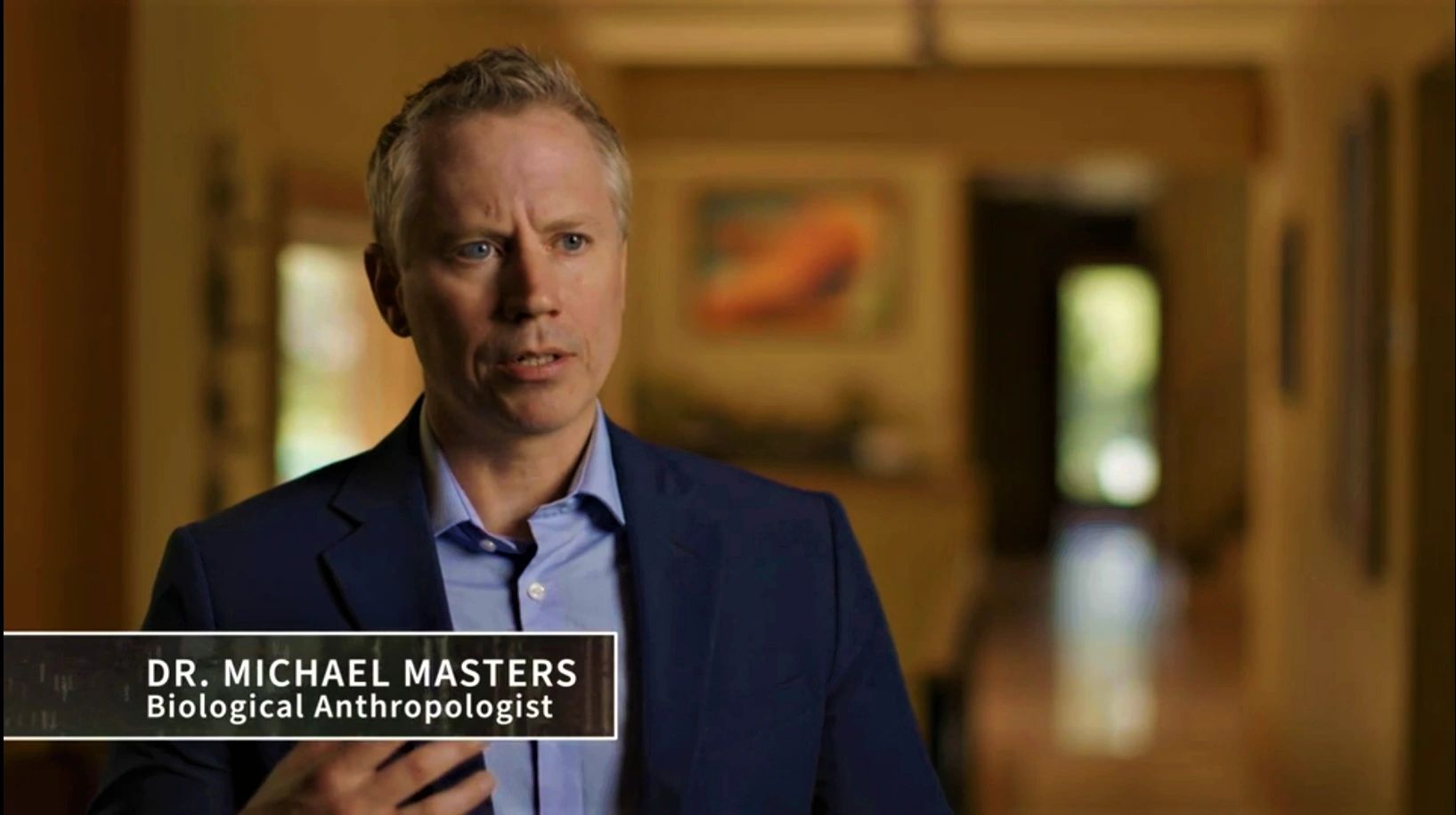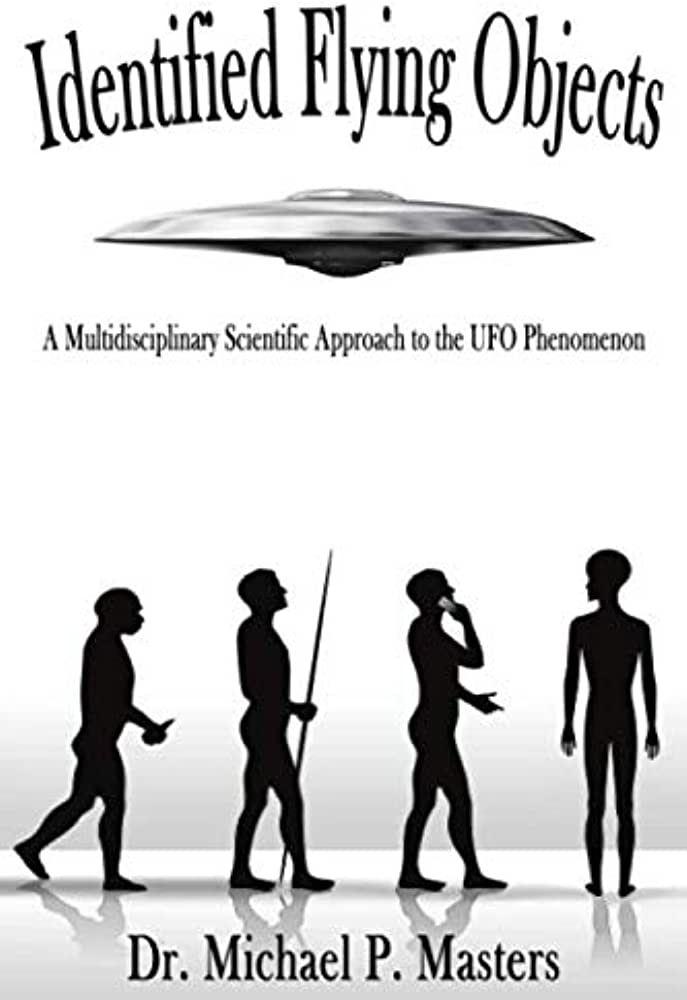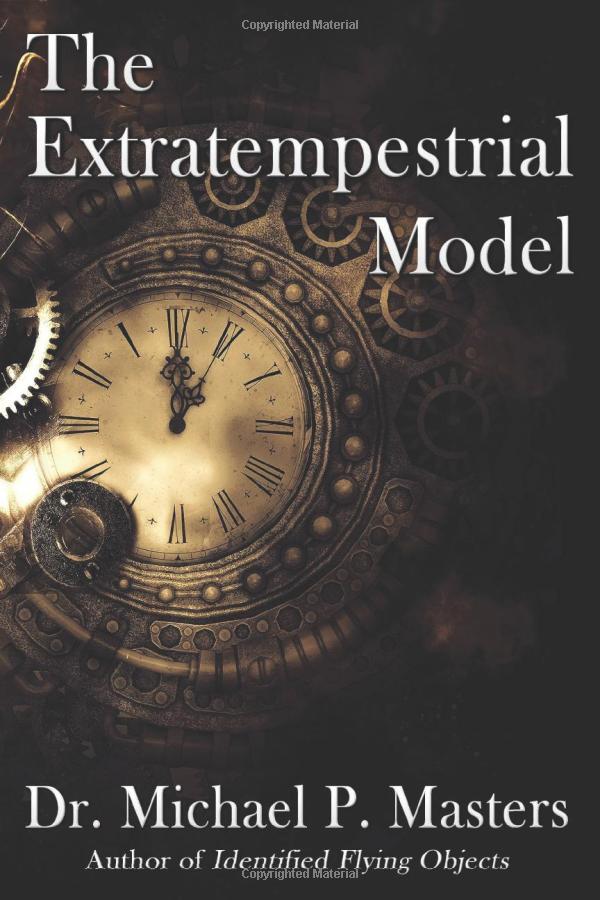It's of course a bit of a stretch to debunk one "unknown" which has been made up to explain another "unknown", but I felt that the argument has reached a level of sophistication that it needs closer scrutiny before it expands into another conspiracy theory or is used to substantiate new ones.
Dr. Michael P. Masters is a biological anthropologist and professor at Montana Tech who has written about his theories on the nature of UFO sightings in his books "Identified Flying Objects: A Multidisciplinary Scientific Approach to the UFO Phenomenon" and "The Extraterrestrial Model".
In his work, Dr. Masters argues that many UFO sightings can be explained by a time-travel hypothesis. He suggests that the UFOs may actually be advanced time-traveling vehicles that have been built by future humans, and that the sightings of these craft are being misinterpreted as extraterrestrial in origin. Dr. Masters also draws on his expertise in biological anthropology to support his hypothesis. He argues that if humans were to continue to evolve over thousands or millions of years, they would likely develop physical features that resemble the classic "grey alien" archetype commonly associated with UFO sightings.
Further arguments and evidence he brings forward in favor of a "time-travelling human hypothesis" are:
- Experiencers reporting containment procedures during their encounters
- Missing time being caused by the propulsion method of UAPs distorting spacetime
- Frequently reported UFO silence being caused by an infrasound shift due to distortion of spacetime
- Interspecies breeding compatibility i.e. "hybrid babies" being only possible if both species being related
- The commonly reported "flying saucer" being alledgly an optimal shape for a time-travel vehicle
- The bipedal template not succeeding in simulation studies under gravitational forces resembling those of the more common "super earths"
- Aliens / ETs having a couple of times a slip of a tongue and telling abductees straightforward they are just humans from the future
- ...
There is certainly a lot to unpack here. However, I think it could interesting to consider whether or not Michael Masters has been cherry-picking information. E.g. distorting CE cases such that they fit his hypothesis, misinterpreting and misunderstanding scientific work and concepts he cites to validate his ideas, etc. I also highly question whether his concept of time-travel considers that planets and star systems actually move through space and not just stay fixed...



